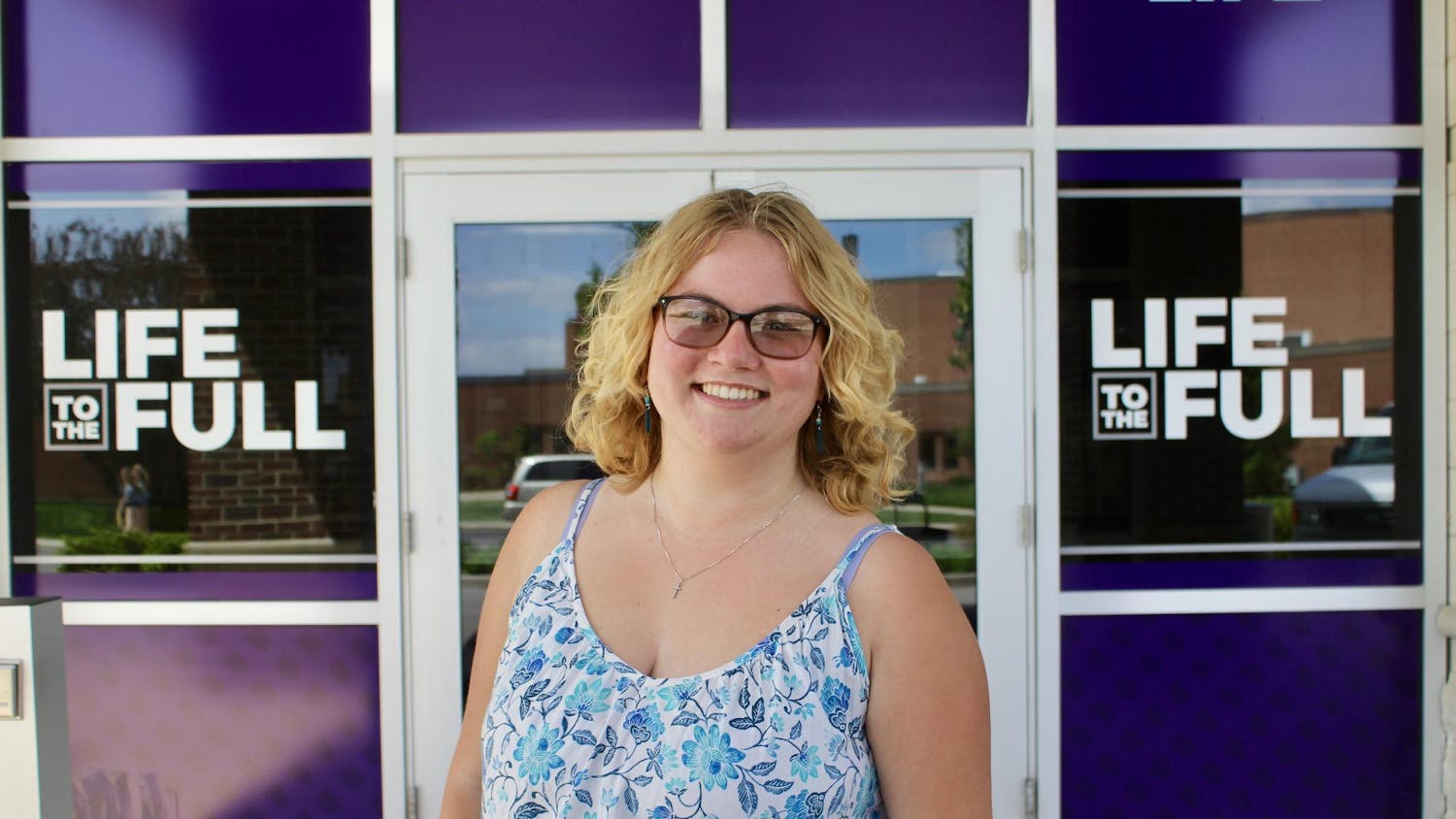By Meredith Sell | Faculty Contributor
When I finished at Taylor in January 2014, I had reached conclusions about what the Bible said on homosexuality. For entirely unrelated reasons, I was wrestling with my faith and wondering if I should even call myself a Christian. A week after graduation, I moved to New York City to live with total strangers and work at a part-time, unpaid internship. A month into my time there, I landed a job at a café in the heart of Chelsea, Manhattan's LGBT Mecca.
With my doubts came paranoia-I didn't want anyone I worked with to know I was a Christian, because I didn't want to face the inevitable question: what do you think about gay people?
During my last semester at Taylor, I'd neglected spending time in Scripture. Every year prior, I'd risen early and studied a passage during breakfast.
In New York, I started digging into Scripture again, reading it on my phone on the subway or at the park before my shift. I wrestled with these issues not by walking away or reading commentaries or others' testimonies, but by putting my nose in God's word and keeping it there. As I did this, God worked on my heart and drew me back, and I asked for understanding concerning homosexuality.
I knew from Scripture that homosexuality is wrong-not only are homosexual acts forbidden in Leviticus 18, they are also condemned specifically in the New Testament. But I wanted to understand why.
As I looked at Scripture's earliest accounts of sin, I realized it's more than breaking an arbitrary rule. It's misusing something God designed for a specific purpose. For example, when you lie, you use your tongue and voice-which are supposed to be instruments for spreading truth-to spread what is false.
Similarly, God has a specific design for our sexual organs. When we misuse them, when we put them in places and situations they don't belong, we are defiling what he created for good. Homosexual acts use the body in a way God did not intend. And because our bodies and spirits are not entirely separate entities-they're mysteriously linked-what we do with our bodies directly impacts our hearts.
In the seven months I lived and worked in New York City, I only shared this with one person I worked with. It was one of my last nights there, and the two of us were at IHOP for dinner. She said she'd been wondering what I thought, so I broke it down. When I finished, she nodded and said, "I can respect that."
My conclusion did not negatively impact interactions with my gay and lesbian coworkers or our LGBT customers. I wasn't there to convince them of a moral stance. I was there to shine a light by working hard, building genuine relationships and being human alongside them.
The Bible says we're to keep ourselves unspotted from the world (James 1:27) while remaining in it (John 17:15), not removing ourselves from society. We shouldn't be afraid to declare something right or wrong, but as Christians, we shouldn't stumble over the reality that the world is full of sin. "Christ Jesus came into the world to save sinners, of whom I am chief," Paul wrote in 1 Timothy 1:15.
Through Christ, any sinner can be redeemed. That's the whole point.





